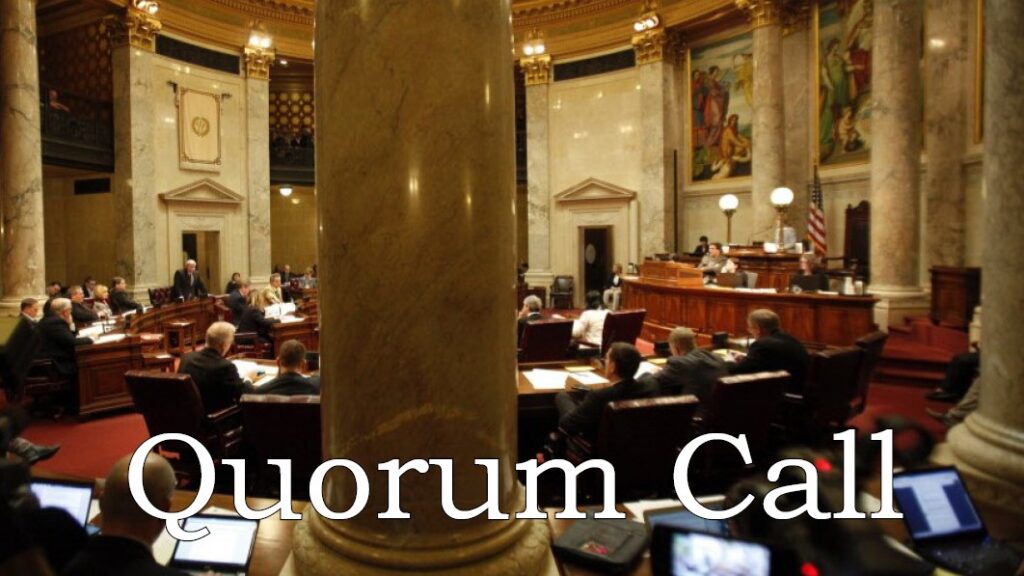Visit WisPolitics-State Affairs for premium content,
keyword notifications, bill tracking and more
Home » Quorum Call » Senate approves exempting some procedures from definition of abortion

The state Senate today signed off along party lines on legislation that would exempt medical procedures such as removing a dead embryo or fetus or treating an ectopic pregnancy from the definition of abortion in Wisconsin. GOP Sen. Romaine Quinn, one of the co-authors, argued the bill was about clearing up ambiguity in state law so that women seeking life-saving treatment can get it. But Dem Sen. ...